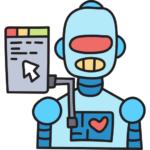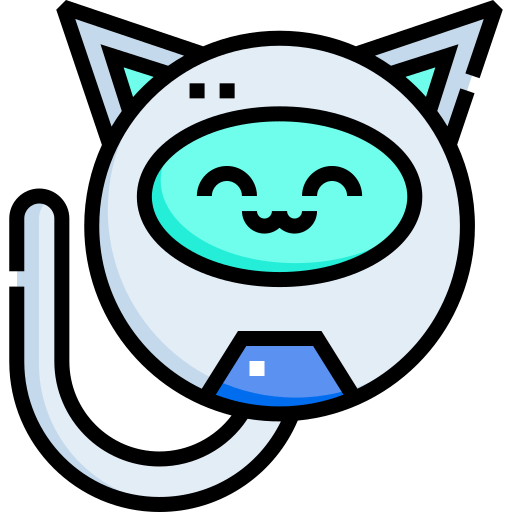
An AI-driven marketing campaign can significantly enhance your marketing efforts by leveraging artificial intelligence and machine learning to optimize and personalize various aspects of the campaign. Below are the detailed steps to perform an AI-driven marketing campaign:
- Define Your Goals and Objectives: Clearly outline what you want to achieve with your marketing campaign. Whether it’s increasing brand awareness, generating leads, driving sales, or improving customer retention, having specific goals will guide your AI strategies.
- Collect and Organize Data: AI relies on data to make informed decisions. Gather relevant data from various sources, such as customer demographics, behavior, interactions, and past campaign performance. Ensure that the data is well-organized and stored securely.
- Choose the Right AI Tools and Platforms: There are various AI tools and platforms available, depending on your needs. Some popular options include Google AI, IBM Watson, Microsoft Azure AI, and open-source libraries like TensorFlow and PyTorch. Choose the one that aligns with your campaign requirements and budget.
- Segment Your Audience: Divide your target audience into specific segments based on their preferences, behavior, and characteristics. AI can analyze data to identify meaningful segments automatically, allowing you to tailor your marketing messages for better engagement.
- Personalize Content and Recommendations: AI enables you to deliver personalized content and product recommendations to each user based on their past interactions, browsing history, and preferences. This level of personalization can significantly improve conversion rates.
- Optimize Email Marketing: Use AI to optimize your email marketing campaigns. AI can predict the best time to send emails, personalize subject lines, and suggest content that resonates with individual recipients.
- Implement Chatbots and Virtual Assistants: Incorporate AI-powered chatbots and virtual assistants on your website and social media platforms. These bots can interact with customers, answer frequently asked questions, provide support, and assist with purchasing decisions.
- Social Media Management: AI can help manage your social media presence more efficiently. Tools like sentiment analysis can gauge how people perceive your brand, while AI-powered schedulers can post content at optimal times for maximum reach.
- Automate Ad Campaigns: Use AI to automate your ad campaigns across various platforms, such as Google Ads and social media. AI can optimize bids, ad placements, and ad content to reach the right audience and improve ROI.
- Predictive Analytics: Utilize AI-driven predictive analytics to forecast customer behavior, identify potential churn, and estimate future sales. These insights can inform your marketing strategies and help you make data-driven decisions.
- A/B Testing and Optimization: Implement AI to conduct A/B testing on your marketing campaigns continuously. AI can rapidly analyze data from multiple variations and identify which elements lead to better performance, helping you optimize your campaigns in real-time.
- Measure and Analyze Results: Throughout the campaign, closely monitor the performance of AI-driven initiatives. Track key performance indicators (KPIs) such as click-through rates, conversion rates, and ROI. Analyze the results to refine your strategies further.
- Continuously Improve: AI thrives on data and continuous learning. Keep feeding relevant data into your AI system and use the insights gained to refine your marketing strategies and campaigns continually.
- Ethical Considerations: While AI can be a powerful marketing tool, it’s essential to consider ethical implications and ensure compliance with data protection laws and regulations.
AI-driven marketing campaigns are not a one-time effort; they require ongoing attention, data analysis, and optimization. As technology advances, stay updated with the latest AI marketing trends to keep your campaigns ahead of the competition.






